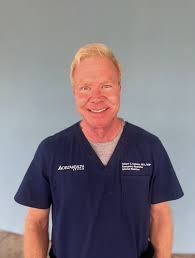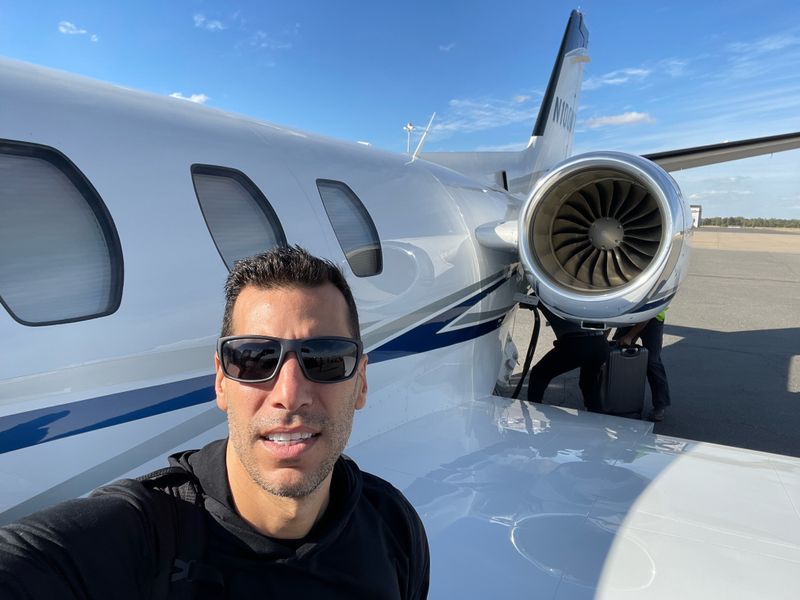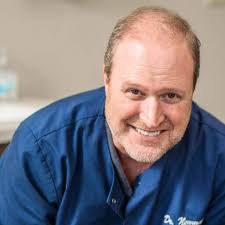In crisis situations, where quick and efficient medical intervention is crucial, telemedicine is proving to be a transformative tool in emergency care. Dr. Kerry Evans, an expert in emergency medicine, explains the significant benefits telemedicine offers in these high-pressure scenarios, from improving response times to ensuring access to specialized care.
Dr. Evans highlights that one of the key advantages of telemedicine during a crisis is its ability to provide immediate access to healthcare professionals, regardless of the patient’s location. In many emergencies, especially in remote or underserved areas, patients can face long delays in reaching a hospital or emergency room. Telemedicine bridges this gap by allowing patients to connect with healthcare providers virtually, enabling rapid assessments and advice. This can be particularly lifesaving during situations like strokes, heart attacks, or severe trauma, where every minute counts.
Another crucial benefit, according to Dr. Kerry Evans , is telemedicine’s role in enhancing the triage process. In times of crisis, emergency departments can become overwhelmed with patients, making it difficult to prioritize care effectively. Telemedicine allows medical professionals to remotely assess the severity of a patient’s condition, determining whether they need immediate attention or if their symptoms can be addressed with remote care. By enabling healthcare providers to quickly triage cases, telemedicine helps reduce overcrowding in emergency rooms and ensures that resources are allocated where they are needed most.
Dr. Evans also underscores the importance of telemedicine in connecting patients with specialists during a crisis. Many rural or isolated areas lack immediate access to specialized medical care, but telemedicine makes it possible for emergency providers to consult with specialists in real time. This collaboration ensures that patients receive expert advice and the most appropriate care, even when they are far from a specialized medical facility.
In conclusion, Dr. Kerry Evans believes that telemedicine offers invaluable benefits in crisis situations. From faster access to care to more efficient triaging and specialized consultations, telemedicine is revolutionizing the way emergency medicine is practiced, ultimately improving patient outcomes in times of need.





